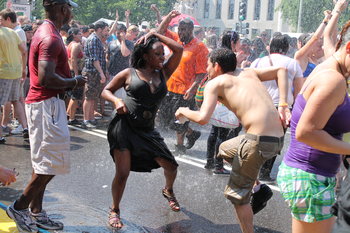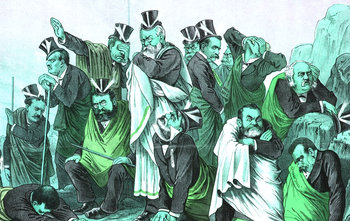
Danger
In nature, predators use silence to sneak up on prey. Prey use silence to try to detect predators. This may help to explain why people are often uncomfortable with silence as it may invoke instincts related to danger.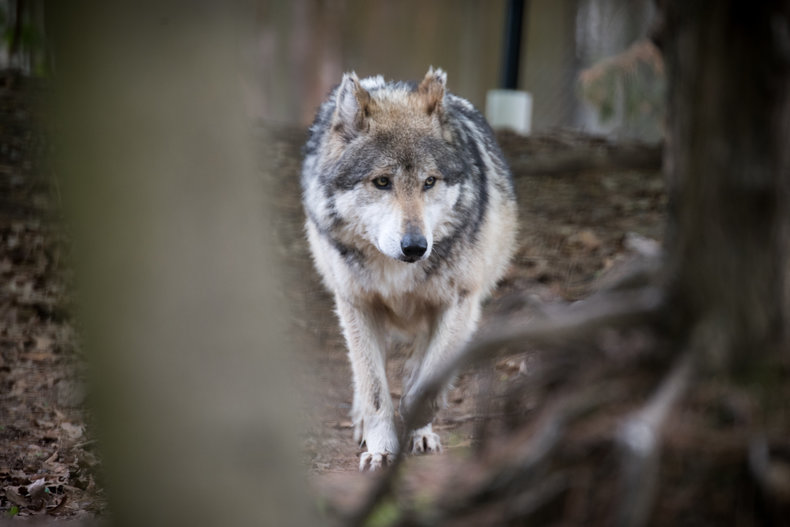
Turn-Taking
In communication, silence is commonly used to prompt a response from the other side. This can apply to both verbal communication and text-based communication such as emails.
Signaling Displeasure
Silence is often used to communicate a negative emotion such as disappointment or anger. This may be extended for a long period of time as a form of admonishment. In English, this is known by the idiomatic expression "silent treatment."
Active Silence
Active silence is the strategic use of silence in communication. For example, a long pause designed to create tension in the midst of telling a story. Active silence is also used as a tool of debate and negotiation to prompt the other side into talking when it's not to their advantage to do so.
Aesthetic Silence
The use of silence in a creative work such as music or a film. This is analogous to the negative space of physical works. Silence can create crushingly tense emotions in a work.
Complicit Silence
Failing to express information can create moral failings such as failing to voice opposition to something that is wrong where you are in some position to stop it.
Spiral of Silence
A spiral of silence is groupthink that is caused by complicit silence. For example, a university that establishes a policy that most board members view as wrong but are afraid to speak up for fear of being admonished or socially isolated.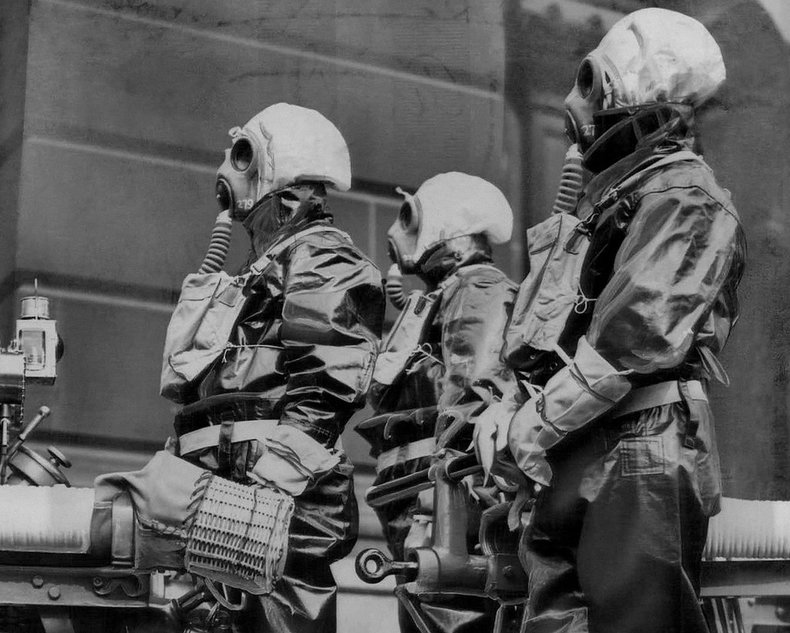
Right to Silence
The right to refuse to answer questions to avoid self-incrimination.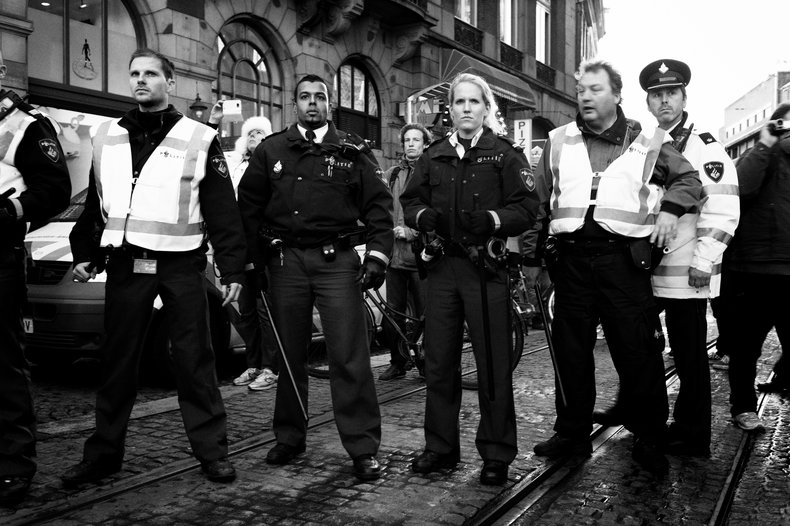
Awkward Silence
A tendency for an unintended pause in a conversation to feel socially awkward. Particularly, where you don't know somebody very well and you can't think of anything to say.
Comfortable Silence
The observation that people who have a close relationship no longer feel compelled to fill every moment together with sound.
Strong Silent Type
As a character trait, a tendency to talk only when you have something interesting to say can earn you respect. This character trait is traditionally known as a strong silent type. The strong silent type shouldn't be confused with silence that stems from shyness or social awkwardness. The term implies a commanding personal presence.
Noble Silence
Noble silence is the idea that silence can be a virtue. This can be a cultural thing whereby people who are quiet are assumed to be deep, introspective or have other positive characteristics in a particular cultural context.
Ritual Silence
The use of silence in rituals and ceremonies. For example, a moment of silence as a means of mourning or a ceremony that is performed in silence.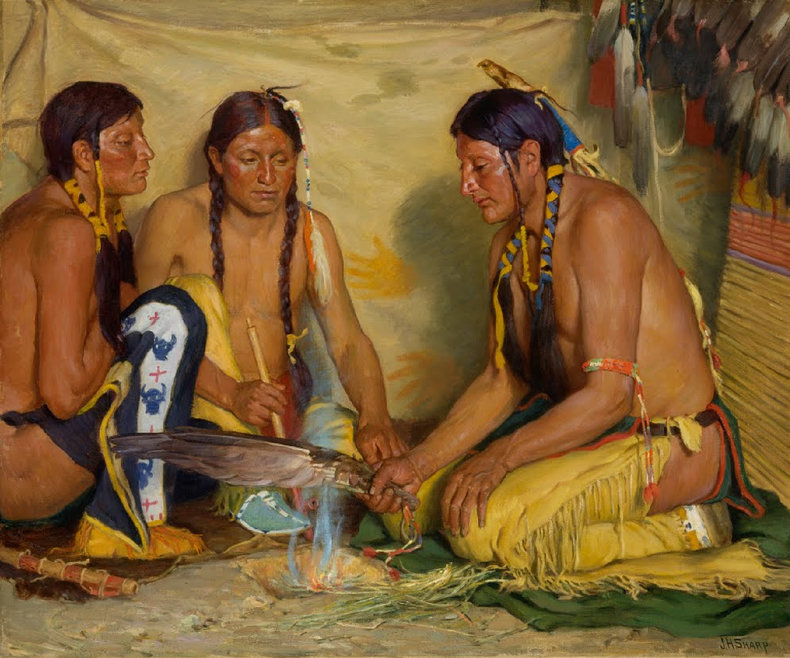
Reflection
Silence is considered important to deep thought, reflection and concentration. Spending time in a state of quiet reflection is a valuable element of the human experience.
Peace
At the emotional level, silence can be perceived as peaceful and calming.
| Overview: Silence | ||
Type | ||
Definition | A lack of sound or communication. | |
Related Concepts | ||















